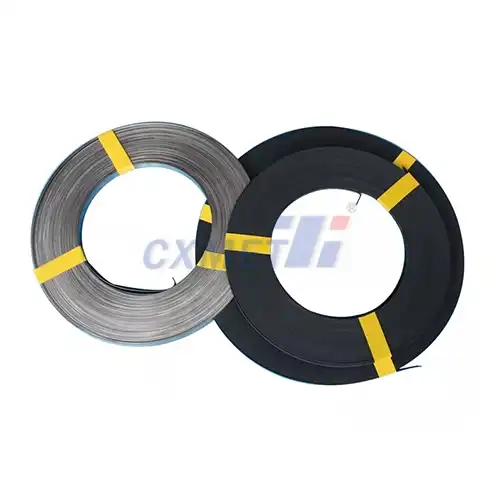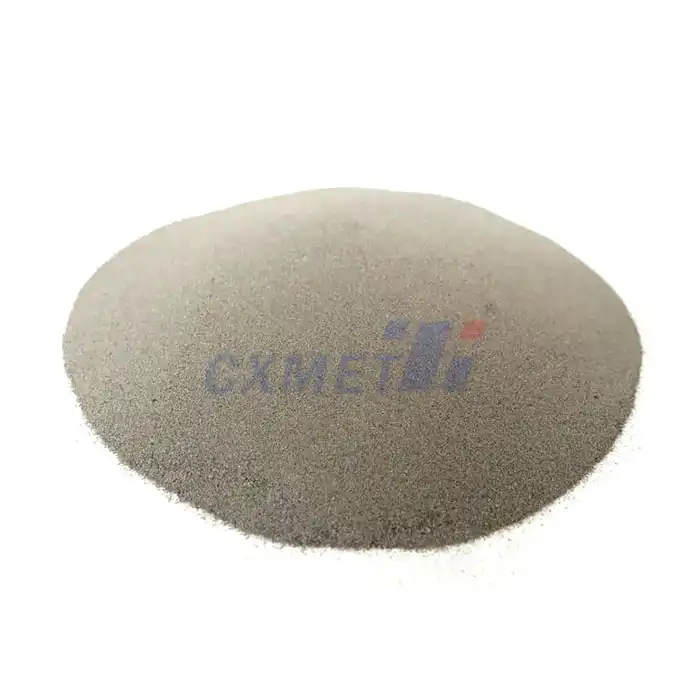- English
- French
- German
- Portuguese
- Spanish
- Russian
- Japanese
- Korean
- Arabic
- Greek
- German
- Turkish
- Italian
- Danish
- Romanian
- Indonesian
- Czech
- Afrikaans
- Swedish
- Polish
- Basque
- Catalan
- Esperanto
- Hindi
- Lao
- Albanian
- Amharic
- Armenian
- Azerbaijani
- Belarusian
- Bengali
- Bosnian
- Bulgarian
- Cebuano
- Chichewa
- Corsican
- Croatian
- Dutch
- Estonian
- Filipino
- Finnish
- Frisian
- Galician
- Georgian
- Gujarati
- Haitian
- Hausa
- Hawaiian
- Hebrew
- Hmong
- Hungarian
- Icelandic
- Igbo
- Javanese
- Kannada
- Kazakh
- Khmer
- Kurdish
- Kyrgyz
- Latin
- Latvian
- Lithuanian
- Luxembou..
- Macedonian
- Malagasy
- Malay
- Malayalam
- Maltese
- Maori
- Marathi
- Mongolian
- Burmese
- Nepali
- Norwegian
- Pashto
- Persian
- Punjabi
- Serbian
- Sesotho
- Sinhala
- Slovak
- Slovenian
- Somali
- Samoan
- Scots Gaelic
- Shona
- Sindhi
- Sundanese
- Swahili
- Tajik
- Tamil
- Telugu
- Thai
- Ukrainian
- Urdu
- Uzbek
- Vietnamese
- Welsh
- Xhosa
- Yiddish
- Yoruba
- Zulu
What is the Process for Using Titanium Slip-On Flanges?
Titanium slip-on flanges are crucial components in various industrial applications, particularly in environments that demand high corrosion resistance and strength-to-weight ratio. These flanges are designed to be slipped over the end of a pipe and welded in place, providing a secure connection point for joining pipes, valves, and other equipment. The process of using titanium slip-on flanges involves several steps, from selection and preparation to installation and maintenance. Understanding this process is essential for ensuring proper performance and longevity of the piping system.
How do you properly install Titanium Slip-On Flanges?
The proper installation of titanium slip-on flanges is crucial for ensuring the integrity and performance of the piping system. The process begins with careful preparation of both the flange and the pipe. First, the pipe end must be cleaned thoroughly to remove any dirt, debris, or oxidation. This can be done using appropriate cleaning solvents and mechanical methods such as wire brushing or sandblasting, taking care not to damage the pipe surface.
Next, the flange should be inspected for any defects or damage that may have occurred during shipping or handling. It's essential to verify that the flange's dimensions match the specifications required for the application. The flange should then be slipped onto the pipe, ensuring that it sits squarely and is oriented correctly according to the bolt hole pattern.
Before welding, it's crucial to align the flange properly. This can be achieved using alignment tools or jigs to ensure that the flange face is perpendicular to the pipe axis. Proper alignment is critical for preventing leaks and ensuring even distribution of stress across the flange connection.
The welding process for titanium slip-on flanges requires special attention due to titanium's reactivity at high temperatures. The welding area should be shielded with inert gas, typically argon, to prevent oxidation and contamination of the weld. Qualified welders experienced in working with titanium should perform the welding using appropriate techniques such as TIG (Tungsten Inert Gas) welding.
After welding, the flange connection should be allowed to cool slowly to prevent thermal stress. Once cooled, the weld should be inspected visually and potentially through non-destructive testing methods such as radiography or ultrasonic testing to ensure the integrity of the weld.
Finally, the flange face should be cleaned and inspected for any distortion that may have occurred during the welding process. If necessary, the flange face may need to be machined to ensure a flat, smooth surface for proper gasket seating.
What are the advantages of using Titanium Slip-On Flanges in piping systems?
Titanium slip-on flanges offer numerous advantages in piping systems, particularly in demanding applications where traditional materials may fall short. One of the primary benefits is titanium's exceptional corrosion resistance. Titanium forms a stable, protective oxide layer when exposed to air or moisture, making it highly resistant to corrosion in various environments, including seawater, chlorine, and many acids. This property makes titanium slip-on flanges ideal for use in chemical processing, offshore oil and gas production, and desalination plants.
Another significant advantage is titanium's high strength-to-weight ratio. Titanium flanges are considerably lighter than their steel counterparts while maintaining comparable or superior strength. This characteristic is particularly beneficial in applications where weight is a critical factor, such as aerospace or offshore platforms. The reduced weight can lead to easier handling during installation, lower transportation costs, and reduced stress on supporting structures.
Titanium slip-on flanges also exhibit excellent temperature resistance, maintaining their mechanical properties over a wide range of temperatures. This makes them suitable for both cryogenic applications and high-temperature processes. The material's low thermal expansion coefficient contributes to better dimensional stability in systems subject to temperature fluctuations, reducing the risk of leaks and improving overall system reliability.
Furthermore, titanium's biocompatibility makes it an excellent choice for applications in the pharmaceutical and food processing industries. Titanium flanges do not react with or contaminate the fluids passing through them, ensuring product purity and compliance with stringent industry regulations.
The longevity of titanium slip-on flanges is another significant advantage. Due to their corrosion resistance and durability, these flanges often have a longer service life compared to flanges made from other materials. This can result in reduced maintenance requirements and lower long-term costs, despite the higher initial investment.
Lastly, titanium's ability to be easily welded and its compatibility with various gasket materials provide flexibility in system design and assembly. This versatility allows engineers to create efficient and reliable piping systems tailored to specific application requirements.
How do you maintain and inspect Titanium Slip-On Flanges for optimal performance?
Proper maintenance and regular inspection of titanium slip-on flanges are essential for ensuring their optimal performance and longevity. While titanium is known for its durability and corrosion resistance, regular care can prevent potential issues and extend the life of the piping system.
Routine visual inspections should be conducted to check for any signs of damage, such as scratches, dents, or discoloration on the flange surface. These inspections should pay particular attention to the flange face, bolt holes, and the area around the weld joint. Any visible defects should be documented and assessed by a qualified professional to determine if repair or replacement is necessary.
Cleaning is an important aspect of titanium flange maintenance. Although titanium is resistant to many forms of corrosion, it can still accumulate deposits or contaminants over time. Cleaning should be performed using non-abrasive methods and appropriate cleaning agents that are compatible with titanium. Avoid using chlorinated solvents or aggressive chemicals that could potentially damage the protective oxide layer.
The condition of gaskets and bolts should also be regularly checked. Gaskets may deteriorate over time and should be replaced if they show signs of wear, compression set, or chemical attack. Bolts should be inspected for proper tightness and any signs of corrosion or stress. Retightening of bolts may be necessary periodically, especially in systems subject to thermal cycling or vibration.
For critical applications, more advanced inspection techniques may be employed. These can include ultrasonic thickness testing to check for any wall thinning, particularly in areas prone to erosion or corrosion. Dye penetrant testing can be used to detect surface defects that may not be visible to the naked eye.
In systems where the flanges are exposed to particularly harsh environments or cyclical loading, it may be prudent to perform periodic stress analysis. This can help identify potential areas of weakness before they develop into more serious problems.
Maintaining proper records of inspections, maintenance activities, and any repairs or replacements is crucial. These records can help identify trends, predict potential issues, and inform future maintenance schedules.
It's also important to consider the surrounding piping system when maintaining titanium slip-on flanges. Ensure that the system is properly supported to prevent excessive stress on the flange connections. Address any misalignment issues promptly, as these can lead to uneven loading and potential failure over time.
Training personnel in proper handling and maintenance procedures for titanium components is essential. This includes awareness of the unique properties of titanium, such as its susceptibility to galling when in contact with certain metals, and the importance of using appropriate tools and techniques during maintenance activities.
By implementing a comprehensive maintenance and inspection program, the performance and lifespan of titanium slip-on flanges can be maximized, ensuring the reliability and efficiency of the piping system for years to come.
At SHAANXI CXMET TECHNOLOGY CO., LTD, we take pride in our extensive product range, which caters to diverse customer needs. Our company is equipped with outstanding production and processing capabilities, ensuring the high quality and precision of our products. We are committed to innovation and continuously strive to develop new products, keeping us at the forefront of our industry. With leading technological development capabilities, we are able to adapt and evolve in a rapidly changing market. Furthermore, we offer customized solutions to meet the specific requirements of our clients. If you are interested in our products or wish to learn more about the intricate details of our offerings, please do not hesitate to contact us at sales@cxmet.com. Our team is always ready to assist you.
References:
1. ASTM International. (2021). "Standard Specification for Titanium and Titanium Alloy Welded Pipe."
2. American Welding Society. (2020). "Welding of Titanium and Titanium Alloys."
3. Titanium Industries. (2023). "Titanium Flanges: Properties and Applications."
4. Corrosion Materials. (2022). "Titanium Piping Systems: Design and Installation Guide."
5. Journal of Materials Engineering and Performance. (2021). "Long-term Performance of Titanium Flanges in Corrosive Environments."
6. Pipeline and Gas Journal. (2023). "Advances in Flange Technology for Demanding Applications."
7. Materials Performance. (2022). "Maintenance Strategies for Titanium Equipment in Chemical Processing."
8. American Society of Mechanical Engineers. (2021). "ASME B16.5: Pipe Flanges and Flanged Fittings."
9. Offshore Technology Conference. (2023). "Titanium Alloys in Subsea Applications: Case Studies and Lessons Learned."
10. International Journal of Pressure Vessels and Piping. (2022). "Stress Analysis of Titanium Slip-On Flanges Under Various Loading Conditions."
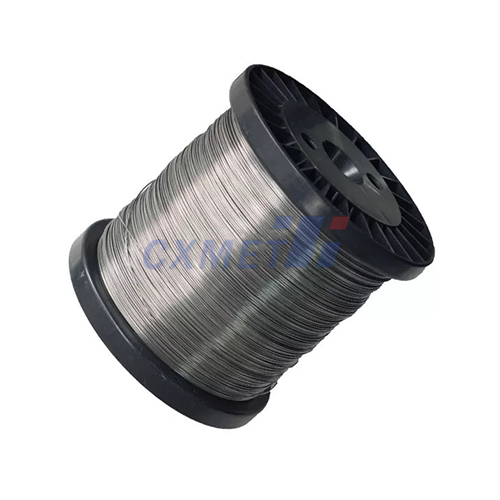
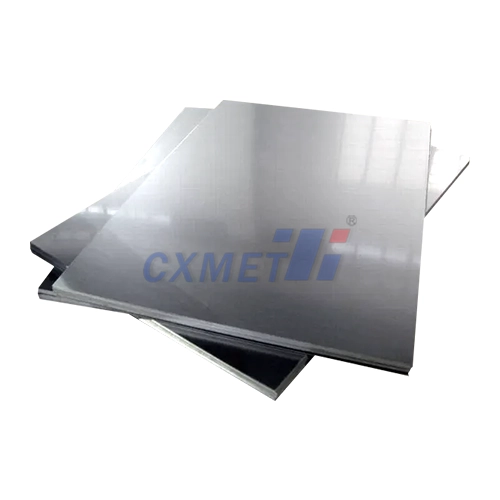
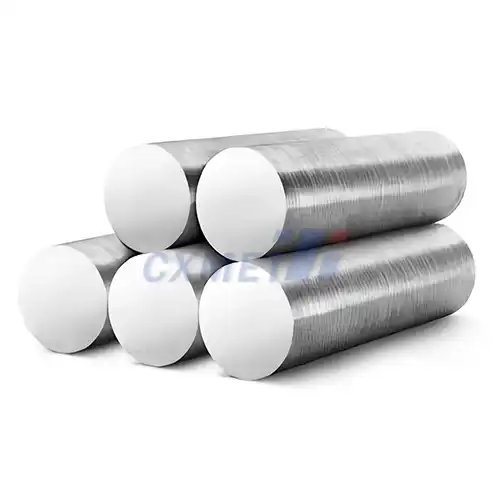
.webp)
